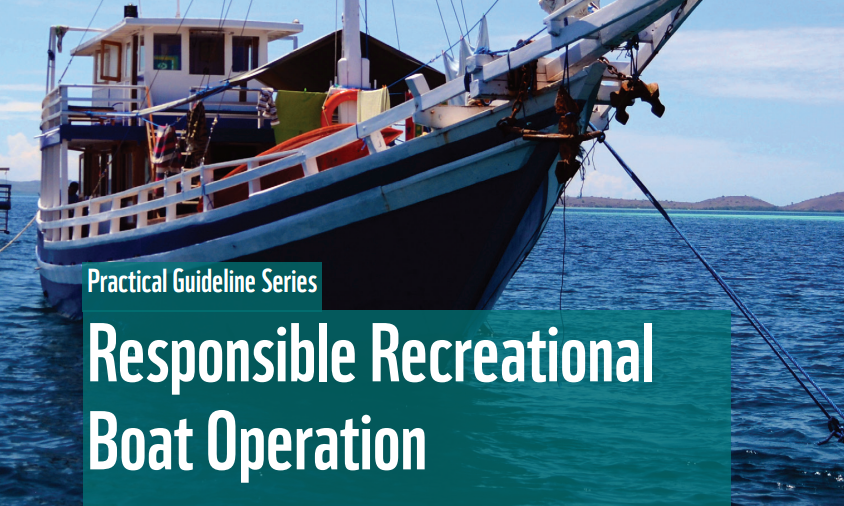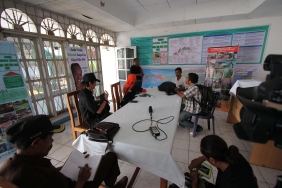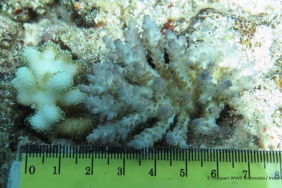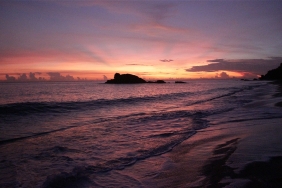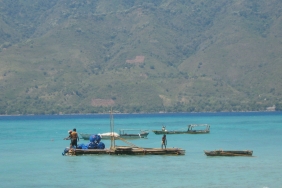BEEP - RESPONSIBLE RECREATIONAL BOAT OPERATIONS
Best Environmental Equitable Practices (BEEP) or Practical Guide Series Responsible Recreational Vessel Operations was developed by WWF-Indonesia's Responsible Marine Tourism Program (Responsible Marine Tourism Program) team, supported by the Indonesian Recreational Vessel Network (JANGKAR) and academics.
Why do we need guidelines for responsible recreational boat operations? Traveling by recreational boat or liveaboard is often targeted at traveling to areas that are still remote, protected, away from government monitoring, lacking facilities and infrastructure. Ecologically, the destination is usually important for certain animals or ecosystems.
Good management of recreational boat tourism is not only important to ensure the safety of the tourist activity itself, but also to preserve and maintain the beauty of the destination area. Traveling by recreational boat means moving all kinds of tourist activities that are usually carried out on land to on the water.
Various problems often arise and in the operation of these recreational boats, and have an impact on the surrounding ecosystem. According to data from Sustainable Travel International in 2010, in the context of marine transportation for recreational purposes, a number of studies show environmental impacts.
For example, pollution due to residual engine oil; garbage produced by crew or passengers; waste water sourced from shipboard use and containing detergents; air pollution due to engine noise; the use of paints (antifouling paints) containing organotin compounds (Ots), particularly tributyltin (TBT) compounds used to protect ships from barnacles; seafood based consumption patterns; and passenger activities on board such as diving, snorkeling, or fishing.
Therefore, the key to reducing negative impacts on marine ecosystems is to raise awareness of recreational vessel management to operate to the best standards. Through this guide, recreational vessel managers and recreational vessel guests can learn about best practices to reduce the negative impacts of tourism activities on marine ecosystems and their surroundings.

